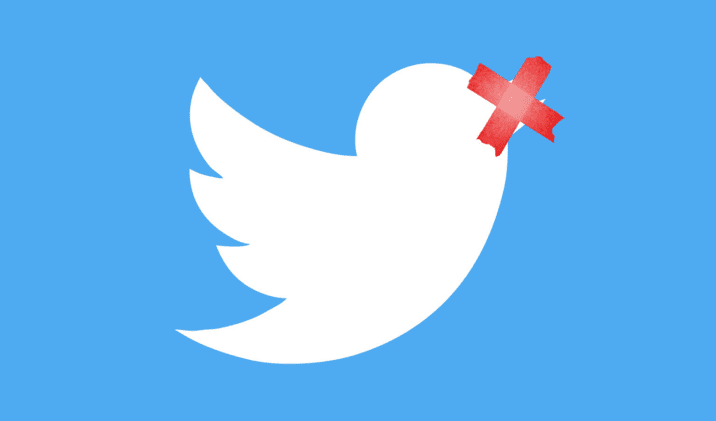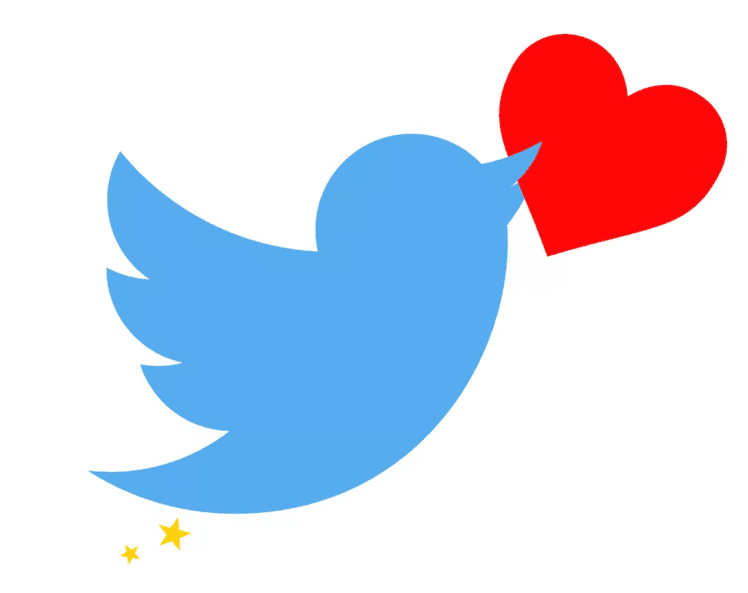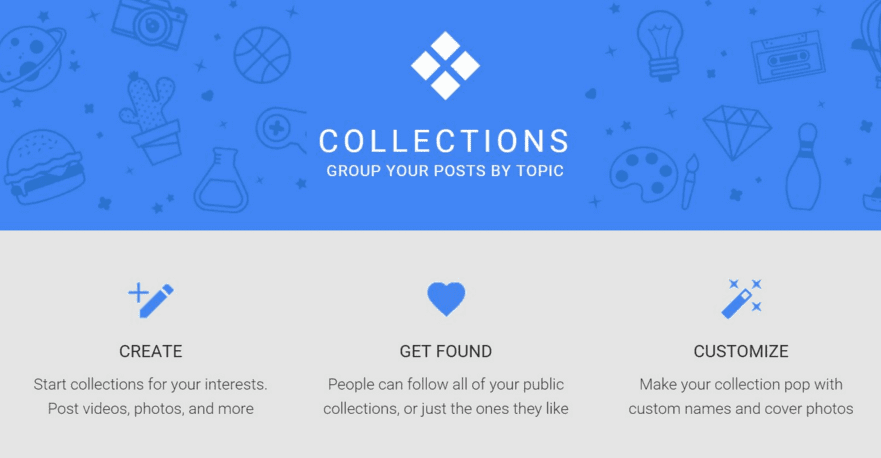What were the worst things to happen in digital marketing during 2015?


The platform changes that annoyed and frustrated us this year
Although our members are spread across the world, since we are based in the UK, we just had to indulge in the time old British tradition of having a good old moan. More specifically, we wanted to discuss all the times this year that platform changes made them less effective for marketers or more annoying for users. We asked what people thought on the social networks and we got plenty of suggestions!
LinkedIn Groups
A few months back LinkedIn changed how its groups worked so anyone could post without it being moderated by the group owners. This may have been fine for groups of a few hundred members, but for our group of c20,000 members and other groups it meant that there are more spammy posts, although we work hard to remove them! We’ve had a lot of people tell us how much they hate this change, and we certainly agree with them. Many users have had to unsubscribe from group updates for larger groups, because they just don’t provide value any more. We are trying to maintain the quality of our group by deleting spammy posts as soon as they are posted. But this is time-consuming and thus a bit of a pain. LinkedIn if you are listening, we want groups to go back to how they were!
We’re hoping that Facebook might do more in 2016 to challenge LinkedIn for B2B discussion and this should make LinkedIn sit up and take notice.
Facebook throttling organic reach
Plenty of our connections were annoyed at Facebook’s continued throttling of organic reach. It certainly is annoying; especially when you’ve put in a lot of effort to build a big community to then have to pay to have your posts reach any more than 3% of them. Encouraging brands to pay to build up their follow numbers via paid ads, and then charging them to reach the audience they’ve built up does seem a bit disingenuous.
To be fair to Facebook personalisation by relevance was probably a necessary change given the growth of the platform. You only need to look at the firehose of content that is Twitter to realise that if all updates from pages were shown to all their followers then users end up constantly being bombarded with content to the point where they pretty much tune out all of it. It isn’t a coincidence that Facebook continues to grow strongly whilst Twitter has been plateauing.
 Twitter kills share counts
Twitter kills share counts
This one really annoyed us, and we heard from plenty of our members that they didn’t like it easier. Twitter has killed off the part of its API that recorded share counts, so the social share buttons on sites that used to show the number of people who had shared an article no longer can. This effectively kills off a key part of social proof showing the reader the popularity of a post. Before they did that we could see that some of our blogs were getting 300+ shares in Twitter, whilst others only got around 60. This could help determine what content was going down well and what wasn’t, and thus inform future content creation.
 Twitter favourites become likes
Twitter favourites become likes
This one isn’t necessarily a bad platform change, but we had plenty of our members say they didn’t like it so we thought we’d mention it. Many liked the way they could use favourites to bookmark things for later and so didn’t like the change to a more generic ‘like’ button. However some users did like the change, and we personally don’t think it is so bad. After all, a lot of people were already using the favourite button as a like button, so the change mostly reflects what users were already doing.
 Google+ changes
Google+ changes
Personally, I actually quite liked the recent changes to Google+ which put communities and collections centre-stage but in this interests of democracy I should mention the feedback of some of our contacts that the changes feel restrictive and left Google+ with even less of a purpose.
So that’s the way we – and you – see it. Are there any other platform changes from 2015 that you wanted have a moan about? Let us know. After all, a problem shared is a problem halved.
From our sponsors: What were the worst things to happen in digital marketing during 2015?



